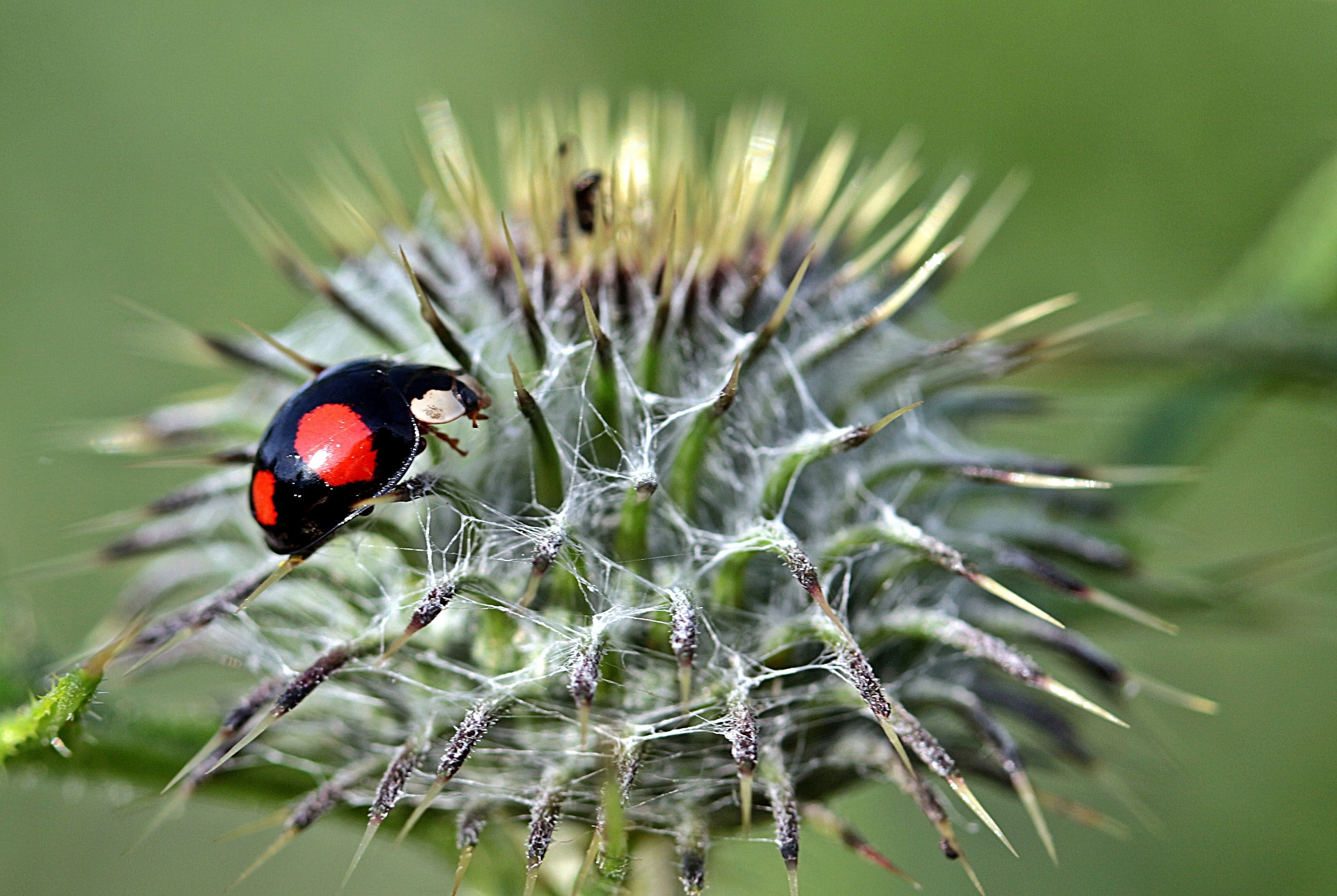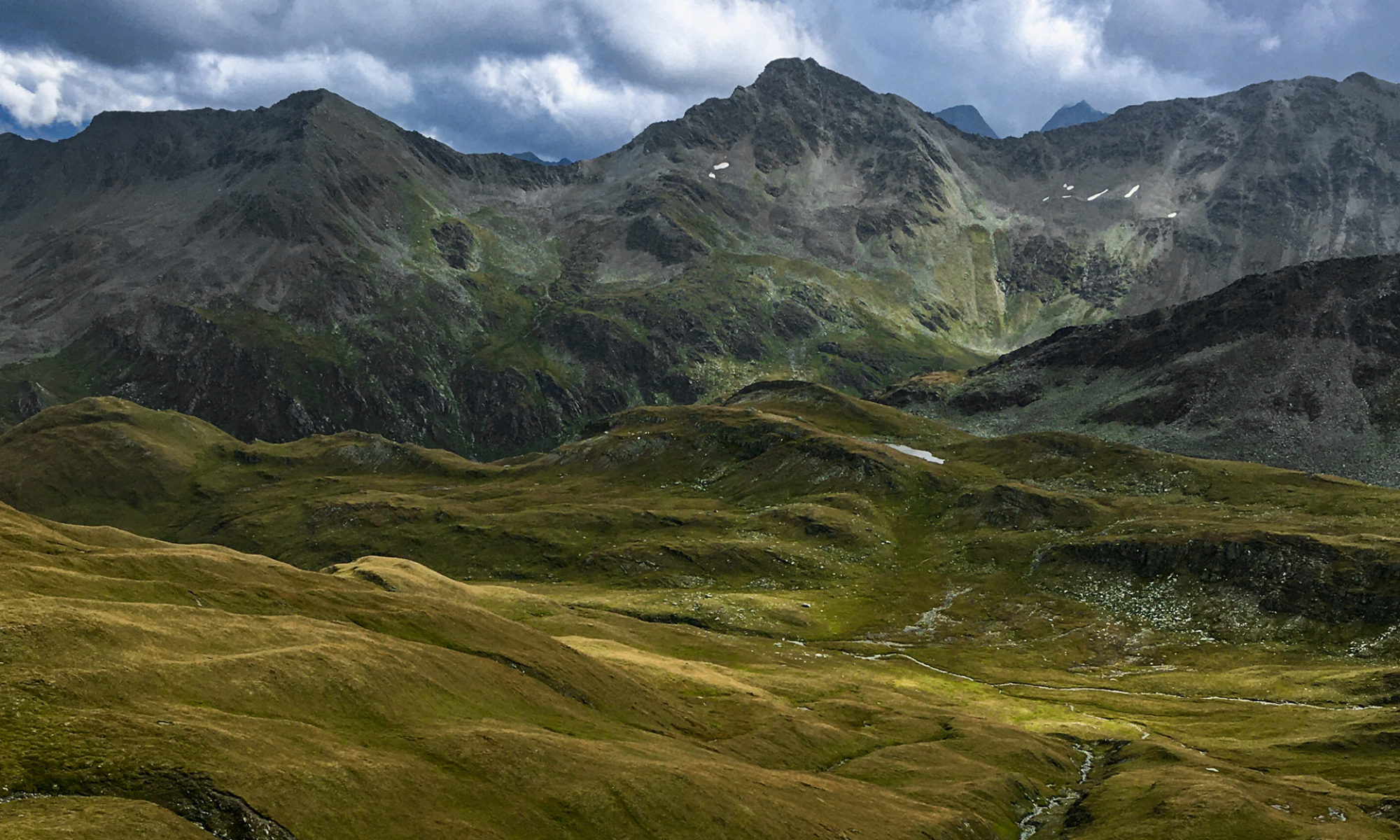 This week “Europe” decided to keep glyphosate, a pesticide, in agriculture. Although many people protested against it, the herbicide glyphosate will remain allowed in Europe for the next five years. One reason to buy more organic food.
This week “Europe” decided to keep glyphosate, a pesticide, in agriculture. Although many people protested against it, the herbicide glyphosate will remain allowed in Europe for the next five years. One reason to buy more organic food.
Plagiarism allegations, falsified studies, political unilateralism by Schmidt and lobbying. All those who witnessed the negotiations about the approval of glyphosate will probably shake their head.
The negative effects of glyphosate on the environment are proven, there may be also a health risk, and this is the reason why many citizens are against the approval of glyphosate. However, after many years the plant poison may be used back and forth for another 5 years.

What is glyphosate?
In 1970, the large corporation Monsanto brought a total herbicide called “roundup” on the market. It is used to destroy weeds in agriculture and thus increase the yield. All plants that get into contact with the environmental toxin, die because vital metabolic processes are interrupted. Except, those that have been genetically modified and that have a herbicide resistance to glyphosate. Thus, this company has managed to create a certain global dependence.

Glyphosate and the environment
The weed killer glyphosate has a major impact on the environment. Many plants die by the weed killer. As a result, the already reduced biodiversity of plants is declining, and this development has a major impact on ecosystems. Soil fertility also decreases due to the plant toxin.

Glyphosate and the wildlife
Since many plant species decline due to the use of glyphosate, also the animal world is exposed to danger. Why?
For instance, Bees rely on a wealth of plants and pollinate them in return. As soon as we have lost bees on earth, problems like food losses and of course, the threat to life is heading in our direction.
Birds and other insects will also be faced with glyphosate readmission. There are already 30% of the bird species on the red list. Where should animals live when their living space is destroyed, how should they feed themselves when there is nothing nutritious around them?

Glyphosate and democracy
If up to 1.3 million people raise their voices against Monsanto, protest, and take the topic on the streets, why is it ignored and enforced? What does this have to do with democracy, a value that is so praised in European society and often disappears? Where is the critical distance of the politicians to mega-corporations like Monsanto and Bayer? Of course, some countries like Austria have voted against glyphosate, but that only partially protects me as an Austrian.

- How do some people in better positions benefit from decisions such as another 5 years of glyphosate on our menu?
- It is also weird that Bayer, a German company, has recently acquired the Monsanto group and that the decisive approval comes from this plant poison from Germany.
- Why is only glyphosate suspected even though there is a big book listing similar substances with just as much harm to the environment but never coming up for discussion?
So many questions, but who provides me with the answers?
Do we need glyphosate?
Again, and again I read arguments like: „Yes, we need more yield, and this we reach with Glyphosate because otherwise, we won´t be able to cover at some point the supply need.“
When I hear something like that, I feel like somebody is kidding me. Sure, if we destroy our environment, eventually nothing will grow on the soil of this earth. If we use much of the fertile land for concentrated animal feed that is provided to overbred animals, there will be less food for humans.
The worst thing is: so many people are already suffering from hunger because there is enormous distribution injustice in this world. Of course, you can still close your eyes and ears, but that will not solve a problem of this unique planet. Especially if we continue to poison the earth. Farmers emphasize that there are a variety of options, such as ploughing, that can replace the spray of toxic on plants.

What can I do now?
Starving, striking, eating poison or buying organic food? The last method is not only the most peaceful, but also the most effective when it comes to protecting the planet. Because pesticides and other pollutants are not allowed in organic farming.
For people who are committed to environmental protection, decisions such as these are a setback. It’s like trying to dive to the water surface and something keeps pushing you down again and again. Many people run out of steam and give in to what is prescribed as the problems grow and species become extinct.
With glyphosate, we do not solve any problem of our environment in my opinion. We are pushing conventional agriculture and the dying of ecosystems. Few people decide legislations like this. Everyone has to live with the consequences.

